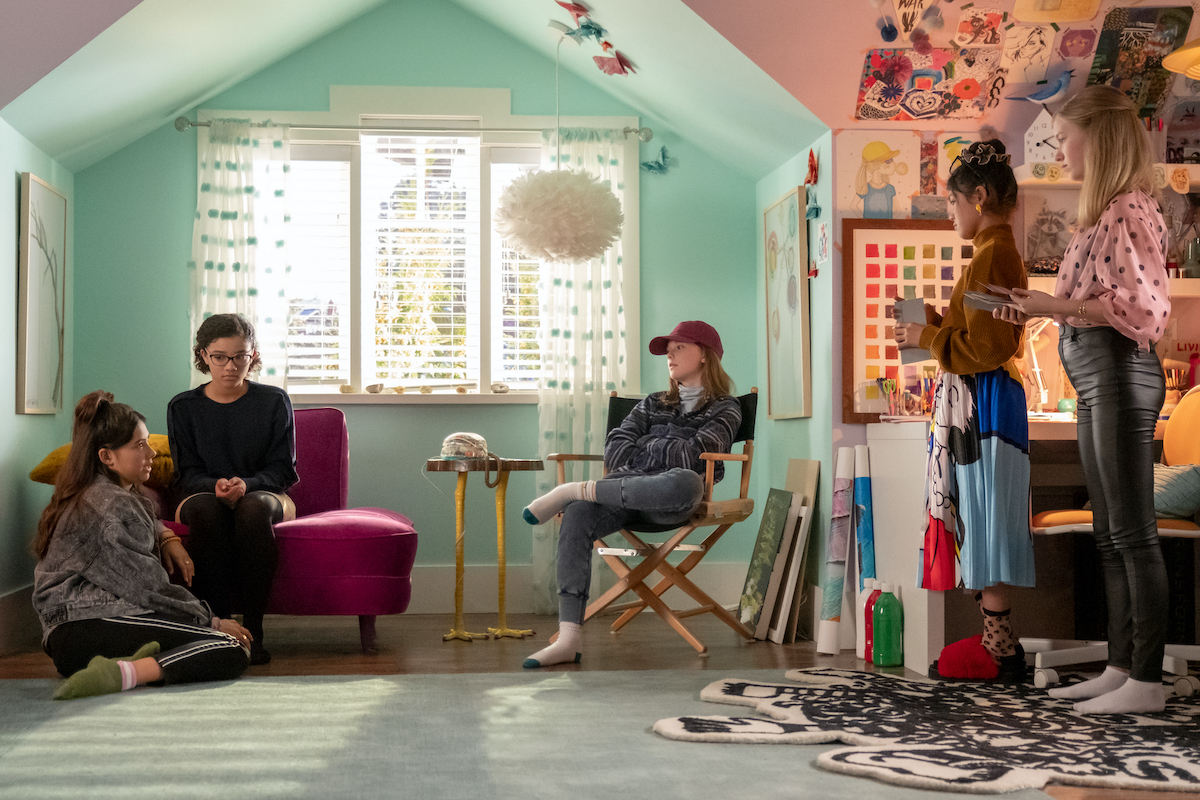The cancellation of The Baby-Sitter’s Club was a sudden and heartbreaking loss for fans of the series. The adaptation of the popular book series was critically loved and seemed to be performing well on the streaming service Netflix. However, in an interview with showrunner Rachel Shukert, it seems that the show’s cancellation also signals something more complicated behind the scenes.
“Initially at Netflix, it was okay to have a smaller audience and be quirkier or more particular,” Shukert told Vulture. “The idea was that there was something for everyone, not that everything has to be for everybody: We really want to give creators space to create the show they want to make and trust it will find its audience. As they’ve grown, I think that philosophy has changed somewhat. I don’t know exactly how they figure out what’s worth it.”
In her interview, Shukert explained that the series was doing well and had a solid viewership. However, part of the issue is that it is hard for even creators to sus out the reality of what the numbers mean:
For this show that has a fine viewership but is not a monster hit, but it’s beloved by fans … does that matter? I don’t know. I think we had the bad luck to come out at about the same time as Squid Game, which showed them how crazy numbers could get. Numbers that were totally respectable and successful last year were suddenly seen in a different way. I don’t have access to a lot of this data, and in general creators don’t have access to this data at Netflix, so it’s what you put together on your own.
It is very weird to think that something like Squid Game and its success would have any effect on something like The Baby-Sitters Club. Shukert explained that the series got support from Netflix, and at times had notes that felt very driven by trying to keep completion rates up (the finishing of every episode of a series). However, for the target demo—actually children not us nostalgia-driven adults—they are unlikely to just sit down and watch six hours of television at once.
She also shares that there is a problem when it comes to marketing, or lack thereof, that gets worsened when the algorithm doesn’t put things you actually want to watch in front of your screen. “I heard from so many people who loved season one that they didn’t even know season two had come out,” Shukert said. “How is that possible? How does the algorithm not know that you watched and loved the entire first season and then immediately show season two to you? Why is this not getting in front of people that want to watch it?”
The loss of the show sucks because, as she puts it, “girls are expected to go straight from Doc McStuffins to Euphoria.” There is a reason why, with my generation, shows like Degrassi and the ABC teen dramas were so popular. But even those were about teenagers. There is something pure about seeing a well-made drama about pre-teen girls that takes their lives seriously.
As seen from the Turning Red bad-take discourse, it is very easy for shows with these themes and these kinds of protagonists to be dismissed. I am sad that this awesome show is gone, and I hope that the powers that be see that there is a hunger for this type of content—if they give it a chance.
(via Vulture, image: Netflix)










Published: Mar 18, 2022 02:09 pm